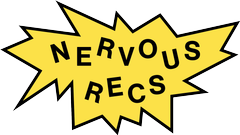The VICE staff's personally vetted recommendations to help us all survive the very strange time that is coronavirus quarantine.
Advertisement
Self-Care: A Novel is available for purchase through Bookshop.org and other online book retailers, at your local bookstore, or as an audiobook at Audible, Apple, and more.

